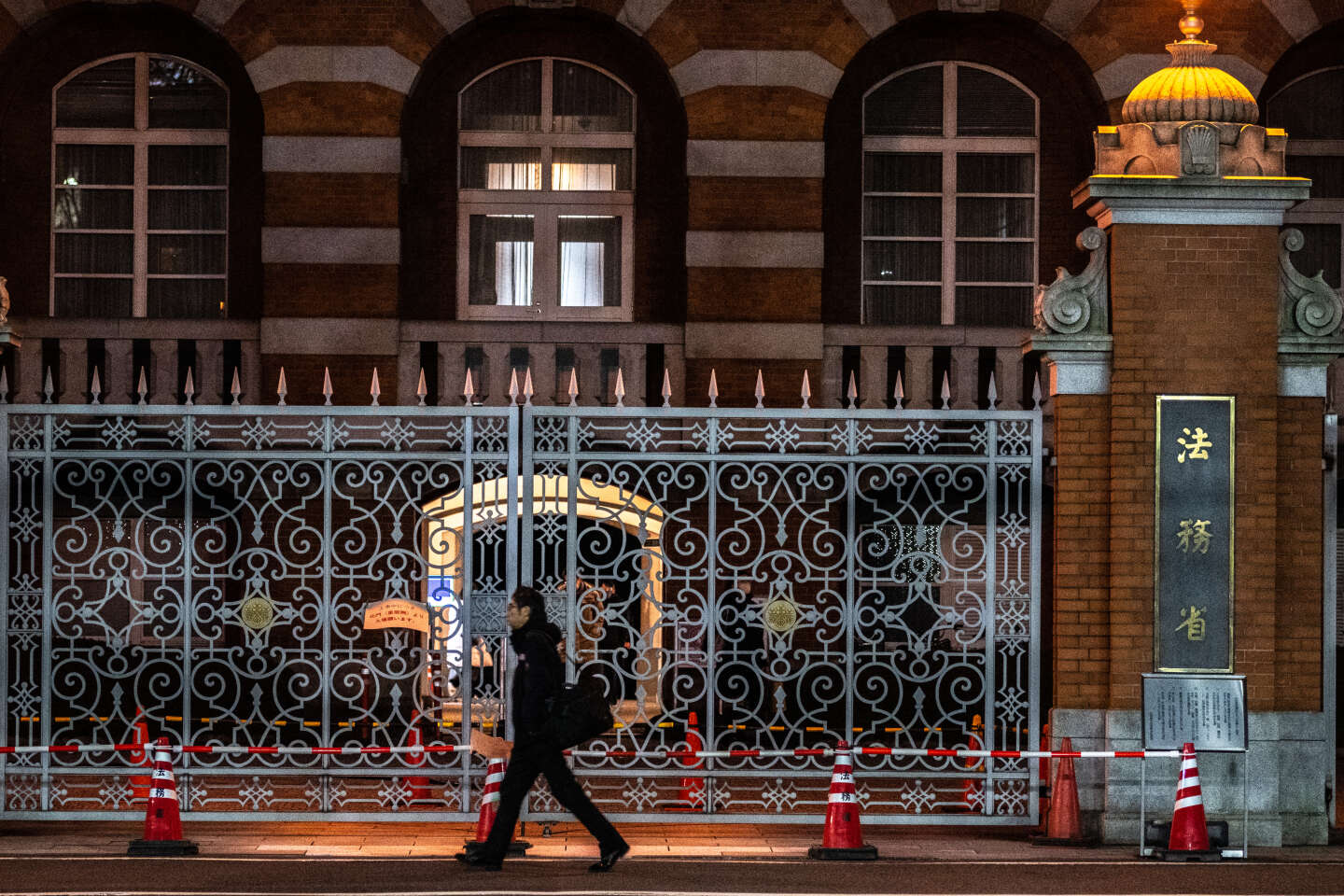
In Japan, a trial revives criticism of a judicial system plagued by frequent abuses
The conviction of the Tokyo Metropolitan Police and Public Prosecutor's Office on Wednesday, December 27, of fabricating evidence in order to indict the directors of Okawara Kakuheki Corporation, revives criticism of the excesses of Japanese justice, often called “hostage justice.” Conservative daily Yomiuri Shimbun In an editorial, he called on the police and the prosecution to… “Identify the causes” From this case 'Very serious consequences'.
Okawara Kakuhki was suspected of selling spray drying machines (a method of drying) in China that investigators claimed could be used for military purposes. However, Japan prohibits the sale of equipment with potential weapons use to China.
Prosecutors detained three company executives on March 10, 2020, including CEO Masaaki Okawara. On March 31, they charged them and kept them in detention. On May 26, the three men were detained again, this time for selling machinery to South Korea, then under economic sanctions from Japan over a dispute over souvenir issues. Bail applications were rejected on the grounds that the suspects might destroy evidence. They were only able to benefit from it in February 2020. One of the three defendants, Shizuo Iijima, died of neglected stomach cancer while in detention. This case put Ohkawara Kakohki on the verge of bankruptcy.
“What you said has changed.”
However, as the trial that began in July revealed, the accusation was based solely on fabricating evidence and extracting confessions over the course of hundreds of interrogations. Indeed, a police officer called to testify suggested that the investigations were to serve the ambitions of some of his superiors.
At the beginning of the investigation, in 2018, prosecutors contacted the Ministry of Economy (METI), which confirmed that there was nothing preventing the export of the machines in question because they could not be used for military purposes. The prosecution allegedly ignored this fact and forced METI to cooperate with the prosecution. One of the investigators also forced one of the three defendants to sign a written statement, the contents of which confirmed the accusations. Although the police consulted experts, one of them told the court: “What you said has changed.”
Like others before them, the Okawara Kakuheki leaders were victims of Japanese justice abuses, which denied suspects justice. “The right to due process and a fair trial”As Human Rights Watch indicated in a report issued last May. She focuses on obtaining confessions, and works under police guard for a period of twenty-three days, renewable indefinitely on the basis of other charges.
You have 40% of this article to read. The rest is reserved for subscribers.

“Unapologetic pop culture trailblazer. Freelance troublemaker. Food guru. Alcohol fanatic. Gamer. Explorer. Thinker.”
